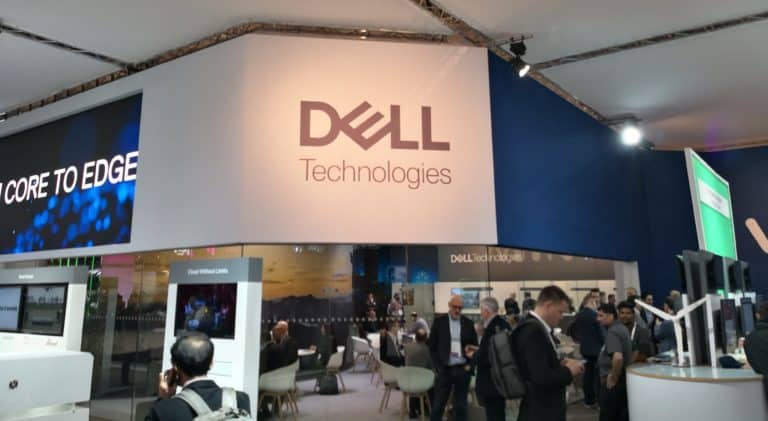Dell Technologies announced it has been testing a hybrid emulation platform that can enable developers to run quantum applications on classical infrastructure.
In a blog post, the company’s CTO, John Reese, outlined the emulation platform, which uses Dell EMC PowerEdge R740xd and IBM’s Qiskit Runtime (an open-source container service designed for quantum computers.)
Technology teams are in a frenzy to get in on quantum computing for future operations. Roese said simulators and emulators will be needed. Dell Technologies believes that the development of the quantum computer will not completely replace all classical computing.
Both classical and quantum compute likely to be accessible via the cloud
For developers, a positive outcome is being able to use the Dell-IBM emulation platform to test algorithms, apps, and other use cases. Details of Dell Technologies’ hybrid emulation platform are on GitHub. The details to keep in mind include:
- The hybrid emulation platform executes on both classical and quantum processing on cloud-native platforms (for instance, Kubernetes). Before this, developers had to submit data and workloads for processing through the cloud.
- Every quantum circuit no longer has to be executed and wait in queue separately.
- Organizations can run workloads on-premises.
- The hybrid model may save money by allowing developers to make choices that are cost-optimized.
Meanwhile
Google reported in August that it created a time crystal in a quantum computer. If the words sound like they were ripped straight out of a movie, that’s because they are. The researchers said that time crystals are a kind of new ‘phase of matter’ which has been theorized for some years now.
It could join the ranks of solids, liquids, crystals, gases, and more.
The paper is still in pre-print and requires peer review. In the meantime, the biggest players in the quantum race continue to advance their progress with varying degrees of success.
